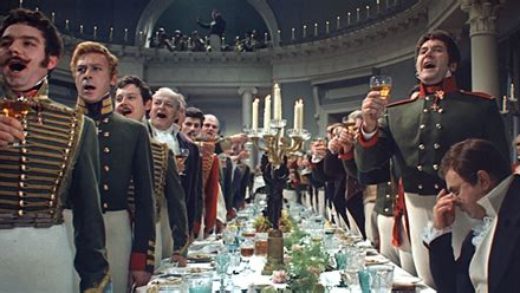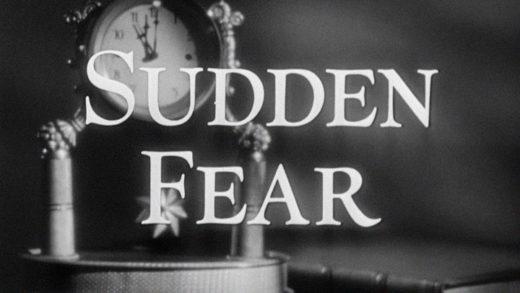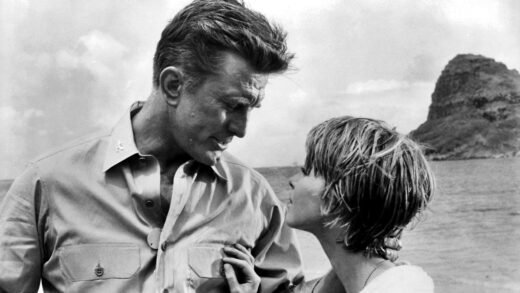William Trevor’s short story “Beyond the Pale” tells the story of four friends, who’ve been visiting an idyllic Irish island for years, and their last visit thereto, on the occasion of the return of the idyll’s history, dramatically so.
Their last visit occurs in the late 1970s, amidst the Troubles. These friends are English, but their visit to Glencorn Lodge does not seem to mean anything. For they had been visiting Glencorn for years, becoming well-known to the couple that owns the hotel and estate and their staff. They were not those referred to by the battle cry and graffitti posted “Brits Out.”
This is a motley crew, though, peopled by a married couple, his school days chum, and his mistress, who also narrates the story. They play Bridge together. Take walks along the cliffs. Enjoy the exquisite dining fare. The couple stays in separate bedrooms, which facilitate his nocturnal visits to his mistress.
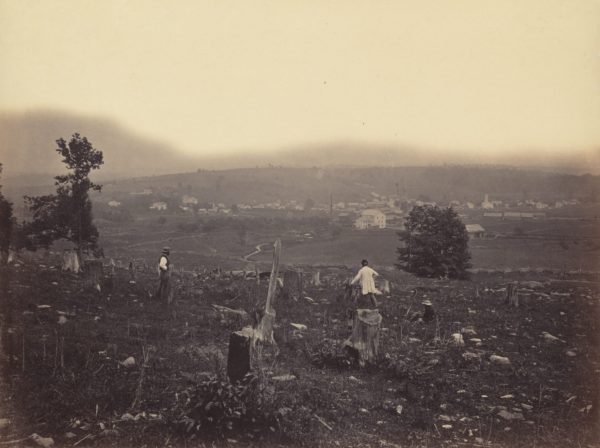
Milley is a somewhat strange character, yet at first a compelling narrator especially as she is bound by observations of a perhaps stereotypically feminine nature. She spends a lot of time telling us about her toilette and that of her female contemporaries. Save Cynthia, the wife of Strafe, who is generally a pitiable tale of a wife neither loved nor especially liked by her husband and two sons—at least according to Milley’s account. She explains why Strafe and Dekko are so called (the former a surname and the latter a diminutive of Deakins).
Their arrival at the hotel finds things as they’ve always been, to Milley’s satisfaction and excitement. All of the old staff remains and their ways are just as recalled. The food is excellent.
The only thing strange is a “uncouth-looking” man staying the night who does not seem to fit among the rest of the hotel’s clientele. He’s not wearing a tie, his shirt collar is open and folder over his jacket. In short, he’s simply not as well to do as most. Dekko mentions this to the innkeeper as he circulates the dining room greeting his guests, and even the innkeeper apologizes for it, explaining that the reservation was made by phone. Had it been made in person one surmises there would have been no vacancies. Milley enjoys a nocturnal visitor.
The next day Strafe, Dekko, and Milley decide to take a walk but Cynthia demurs, preferring to stay around the hotel and read. When they return, an incident has occurred and Cynthia is decidedly upset. The entire hotel is atwitter. Strafe and Milley are not sure what has happened and the innkeeper and wife do little to explain what happens, except to say that she had been engaged in conversation with the “uncouth” man.
Milley concludes, to herself, that he’d probably laid a hand on Cynthia’s knee and her timidity had kept her from saying otherwise until she could take it no more. Milley privately deplores Cynthia’s inability to assert herself. They give Cynthia a sleeping pill to help her calm down and go to lunch.
At their lunch they learn that the uncouth man had apparently fallen from the cliffs to his death. Suicide is suggested. Milley assumes it had to have been an accident and when Cynthia came across the body she was rendered hysterical. So the plot has thickened.
But these seeming conclusions are unconcluded when Cynthia finds them in the dining room, looking unkempt and no less calm than before. Without sitting Cynthia, as in a daze, begins to tell them about the story that the uncouth man had told her.
Repressed returns
This man had apparently been deeply in love with a girl, sometime before the Lodge had been built and the two of them had enjoyed bucolic pleasures on the grounds that would become a hotel. For that reason the man had returned. Cynthia inserts this story in its broad historical context. She imagines these children part of a history centuries old, of kings and peasants, and Acts and Battles, of famines and plantations.
‘No wonder unease clings to these shreds of history and shots ring out in answer to the mockery of drums. No wonder the air is nervy with suspicion.’
Cynthia’s story continues despite the interruptions, when she pauses of Milley, Dekko, and Strafe trying to end the moment and change the subject. Milley becomes frustrated at Cynthia and her insistence, as do Dekko and Strafe. But nothing can stop her.
Did I mention that William Trevor wrote the novel Felicia’s Journey, on which the Canadian director Atom Egoyan based his 1999 film of the same name (which is a damned good film, not least of which because it stars Bob Hoskins, who everyone knows was nonpareil. Everyone knows).
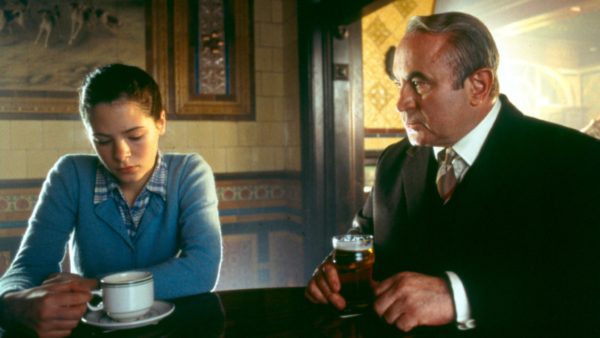
Sorry, a little bit of performativity there.
Cynthia continues and her volume increases. The innkeeper and wife intercede. Cynthia continues. The man had come here because his childhood beloved had become a bomb-maker for the IRA and he had struggled to understand how this occurred. She eventually was killed in London. And the uncouth man had returned to the site where their love had originally kindled in order to try to understand.
And failing understand …
Justice hasn’t been done to this story, and like Goethe’s “The Attorney,” but this one in a human register, it bears a reading.
Post-script: my son, who is sitting here while I write this and reading my words, insists that I explain to you that he loves the PBY Catalina. In case you don’t know what this is, follow the link.
Would you like to know more about what I’ve read during this month of short stories?

